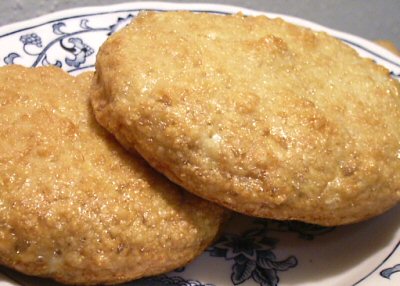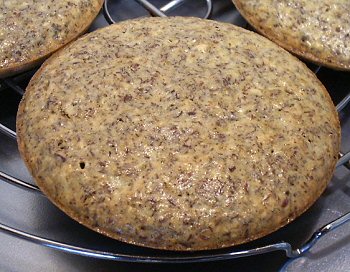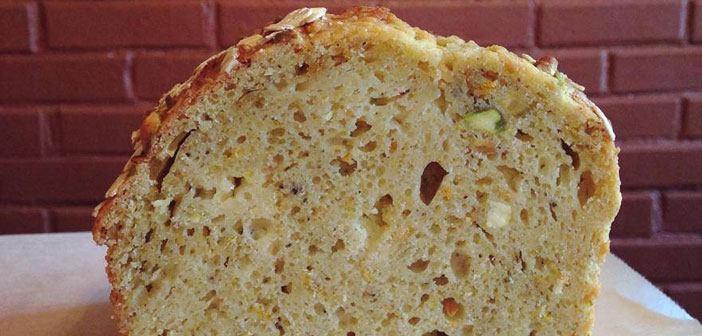Is Butter Bad for You, or Good?
Saturated Fat:
One of the main concerns about butter is its high saturated fat content. Saturated fat has been linked to increased levels of LDL (bad) cholesterol, which can contribute to the buildup of plaque in the arteries and increase the risk of heart disease. However, some studies have shown that the type of saturated fat in butter may be less harmful than the saturated fat found in other foods, such as red meat and processed foods.
Cholesterol:
Butter is also high in cholesterol, but dietary cholesterol has been found to have less impact on blood cholesterol levels than saturated fat. In fact, some studies have shown that butter may help to maintain healthy cholesterol levels by increasing HDL (good) cholesterol.
Conjugated Linoleic Acid (CLA):
Butter is a natural source of CLA, a fatty acid that has been linked to a number of health benefits, including reduced body fat, improved immune function, and decreased risk of heart disease and cancer. However, the amount of CLA in butter is relatively small, so you would need to consume a significant amount of butter to reap these benefits.
Vitamin A and E:
Butter is a good source of vitamins A and E, which are important for eye health, immune function, and skin health. Vitamin A is also essential for normal growth and development in children.
Potential Benefits of Butter:
While butter has been linked to some negative health effects, there is also evidence to suggest that it may have some beneficial properties, including:
- Improved digestion: Butter contains butyric acid, a short-chain fatty acid that has been shown to improve gut health and reduce inflammation.
- Nutrient absorption: Butter helps the body absorb fat-soluble vitamins, such as vitamins A, D, E, and K.
- Energy source: Butter is a good source of energy, providing about 100 calories per tablespoon.
Conclusion:
Overall, butter is a nutritious food that can be enjoyed in moderation as part of a balanced diet. However, it is important to limit your intake of saturated fat and cholesterol, so it's best to consume butter in small amounts and choose unsalted varieties whenever possible. If you have any concerns about your health or cholesterol levels, talk to your doctor or a registered dietitian before consuming large amounts of butter.
-
FLAXMEAL CINNAMON MUFFINS
KIMS FLAXMEAL CINNAMON MUFFINS3 eggs1/4 cup plus 2 tablespoons oil1/4
-
FLAX PANCAKE
FLAX PANCAKE3 tablespoons golden flax meal1 teaspoon granular Splenda
-
BEST PANCAKES
BEST PANCAKES2 scoops vanilla whey protein powder, 2/3 cup1/3 cup almo
-
SAVORY BURGER BUNS
SHERRIES SAVORY BURGER BUNS 8 ounces cream cheese, softened 3 eggs 3 t
-
EASY OVEN PANCAKES
EASY OVEN PANCAKES2 ounces cream cheese, softened3 eggs2 teaspoons gra
-
BLUEBERRY PANCAKES
BLUEBERRY PANCAKES2 egg yolks2 egg whites4 ounces cream cheese1/2 cup



